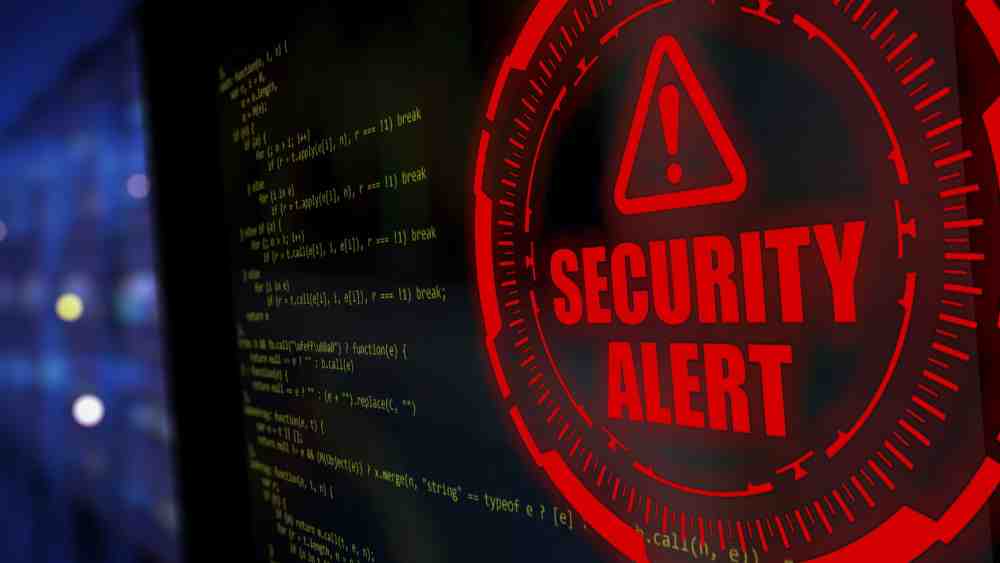
LockBit, a notorious ransomware gang, has embarked on a relentless cyber rampage, leaving a trail of disruption from the UK’s Royal Mail to the Industrial & Commercial Bank of China Ltd. (ICBC). This article explores LockBit’s timeline of chaos, its business model, the shocking breach of ICBC, and the broader implications for global cybersecurity.
LockBit’s Timeline of Chaos:
Over the past four years, LockBit has showcased a formidable capacity for cyber havoc. Beginning with the halting of international mail shipments through the UK’s Royal Mail in January, the gang swiftly proceeded to cripple a British fintech firm, leading to the paralysis of global derivatives trading. Not stopping there, it targeted Japan’s largest maritime port and struck Boeing Co.’s parts and distribution business, displaying a level of audacity that has become characteristic of this ransomware giant.

ICBC’s Shocking Breach:
However, none of LockBit’s recent cyber onslaughts has resonated more profoundly than its hack of ICBC, the largest global lender by total assets. Disclosed on a Thursday, this breach blocked Treasury market trades, forcing brokers and traders to reroute transactions. The consequences of such a high-profile attack on a financial institution of this magnitude are reverberating across the global financial landscape.
LockBit’s Business Model and Notoriety:

LockBit operates under the “ransomware as a service” model, treating cybercrime as a lucrative business endeavour. Core hackers develop sophisticated malware and tools, leasing them out to freelance cybercriminals who, in turn, execute the attacks. This approach has proven highly successful for LockBit, with the group extorting over $100 million in ransom demands from approximately 1,000 victims globally since the beginning of 2020. The group’s ties to Russia and active participation in Russian-language cybercriminal forums further complicate the efforts to combat its operations.
LockBit’s Adaptability and Tactics:
Researchers studying LockBit’s hacking tools have identified a continuous evolution in its malicious software to avoid detection by cybersecurity products. Notably, one strain of malware, LockBit Black, indicates the group’s experimentation with self-spreading capabilities, simplifying the infiltration of victim organisations. The group’s ability to adapt and refine its tactics presents an ongoing challenge for cybersecurity experts.
Surprising Targets and Opportunistic Tactics:
LockBit’s decision to target ICBC, a Chinese bank, has raised eyebrows within the cybersecurity community. Given China’s stringent ban on cryptocurrency trading and its historical alignment with Russia, the motives behind this particular attack have become a subject of intrigue. The surprising choice of targets reinforces LockBit’s equal opportunism, showcasing a willingness to breach seemingly impervious entities.
Boeing’s Data Exposure:
Beyond financial institutions, LockBit’s impact extends to corporations, as evidenced by the recent exposure of internal data from Boeing. The aerospace giant’s refusal to pay the ransom led to the publication of sensitive information online. While Boeing maintains that the incident poses no threat to aircraft or flight safety, the breach underscores the potential fallout for companies refusing to comply with LockBit’s demands.
LockBit’s Notoriety and Global Monitoring:

LockBit’s rise to infamy since its appearance on Russian-language-based cybercrime forums in January 2020 has positioned it as one of the most professional and organised criminal gangs globally. With 1,700 U.S. organisations falling victim, the U.S. Cybersecurity and Infrastructure Security Agency (CISA) closely monitors the group’s activities, recognizing its substantial impact on global cybersecurity.
As LockBit continues its cyber reign, the breach of ICBC serves as a wake-up call for global institutions to bolster their cybersecurity defences. The group’s adaptability, equal opportunism, and relentless pursuit of financial gain highlight the persistent threat posed by ransomware. Strengthening cybersecurity measures is imperative to mitigate the potential fallout from future attacks orchestrated by such formidable adversaries.
